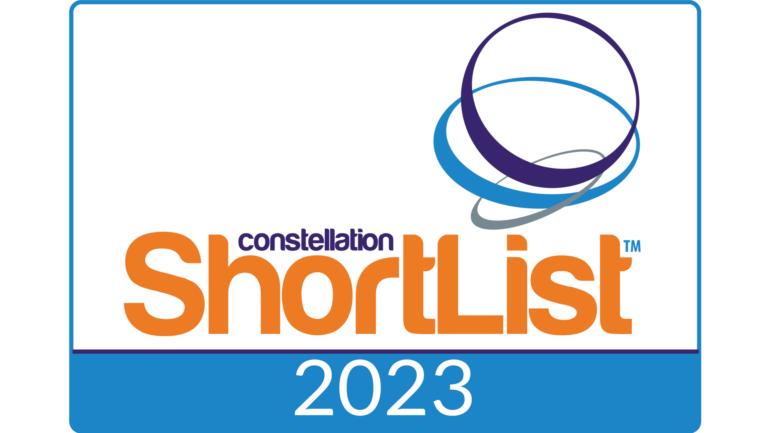by James Rachlin
At CipherHealth, supporting patient-centered care is at the core of our work. We’re committed to meeting customers where they are and integrating our engagement solutions within Electronic Health Record (EHR) workflows. This is critical in eliminating data silos and enabling our customers to gain a full picture of their patients within the EHR.
With Epic recently launching Connection Hub, their new directory for vendors to share their ability to interact with Epic software, our focus is moving beyond the EHR.
Many of our customers use multiple SaaS vendors and solutions, and they want professional integration across them — ensuring that information automatically populates and time-strapped staff don’t have to duplicate work. Cipher is embracing this crowded tech market and building out ways to seamlessly communicate and share data.
One way CipherHealth is expanding interoperability among technologies is with employee recognition systems. With record high turnover of staff, our customers are looking to demonstrate that they value and appreciate their employees through tangible actions and rewards, be it personalized messages or prepaid gift cards.
As part of Cipher’s Caregram feature within CipherRounds, a nurse might ask their patient, “Did anyone on staff do an excellent job today?” or “Is there anyone on staff that you would like to thank?” and a Caregram would be generated and sent via email to that employee.
With our new interoperability capabilities, information contained within the Caregram populates within another vendor’s platform that allows for more robust features. More specifically, recognition of a particular employee from a Caregram now interfaces with another vendor’s API to create what looks like a recognition card, ticket or award. This functionality is commonly seen in social media, for example — the option exists within Instagram to make a user’s image into a Twitter post. In the case of Cipher’s rounding features communicating with other platforms, this not only reduces redundancy and saves time, but serves to better support our customer’s employee culture.
We’re also seeing increased interest in interoperability with risk management, complaint management and grievance management systems. Patient safety is paramount, and these integrations allow information captured in CipherRounds to be sent to our customer’s risk management platform. If, for example, a nurse notes that a patient is a fall risk, it will be populated in our customer’s preferred system, allowing the health system to monitor all safety concerns in one place. This is an easier, more effective workflow which automates data flow and alleviates the administrative burden of caring for patients.
Our customizations also extend to applications like ticketing systems and facilities management systems to capture incidents and problems that occur within a patient’s room during a round, such as a light bulb being out or a spill that needs cleaning.
This is just a snapshot of Cipher’s commitment to data exchange and interoperability. We’re keeping pace with changes in the industry, scaling our integrations and pursuing more workflows across different apps, platforms and systems — all towards offering workflow efficiencies to our valued customer base.









